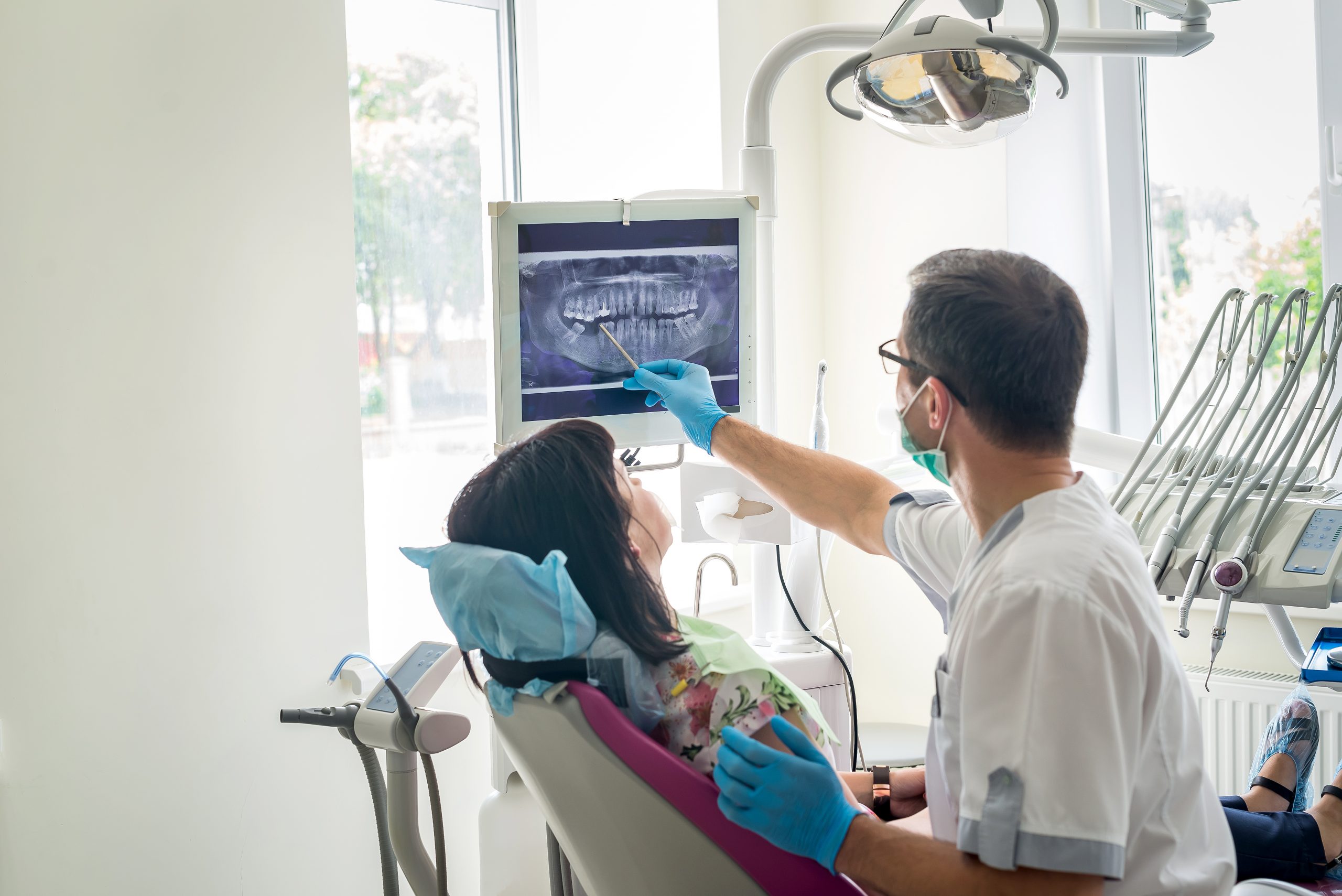
Inflamed or infected teeth may require a root canal treatment. Your dentist will clean the affected tooth and fill it to save it from reinfection or damage. Rather than having a tooth extraction, a root canal is a procedure that saves your tooth.
A root canal is the chamber that carries the pulp within the root of the tooth. These roots fuse the teeth to the jawbone. In each tooth is a pulp – blend of blood vessels and nerves. This pulp is accommodated in a pulp chamber that stretches down into the tooth roots.
Book an AppointmentA damaged tooth is exposed to a bacteria attack, which makes the tooth painful, swollen and irritated. Where the infection gets to the pulp in the tooth, it can reach the pulp in the root canal. So, the root canal takes out the infected pulp while preserving your tooth.
The following conditions may require a root canal:

A dentist performs a root canal. However, for difficult cases, they’ll refer you to an endodontist – a specialist in root canal procedure.
You’ll be examined by the dentist. They’ll ask you about your symptoms, medical history, and any previous treatment done on your teeth. Dental X-rays to identify the affected tooth and determine the spread of the infection will be taken. With these checks, your dentist can decide whether or not you’ll get a root canal.
Depending on the individual case, a root canal can be completed in one or more dental visits. Patients get local anaesthetic for this treatment to prevent pain from the affected tooth. And you’ll be awake throughout the treatment.
Your dentist may advise a tooth extraction if the tooth is severely damaged or has been infected with chronic gum disease. This is because a root canal won’t make the tooth heal or feel better.
After numbing the affected area, the dentist will cover other teeth apart from the infected ones with a dental dam. It cuts off infection spread and maintains cleanliness around the tooth.The dentist will drill a hole in the tooth crown and take out the pulp. The hole will be cleaned and disinfected using appropriate dental instruments.
After cleaning the tooth, it is filled and sealed. You’ll get a temporary filling when the dentist is sure that all bacteria have been cleared. At another appointment, you’ll get a permanent filling.
For a badly worn tooth or one that’s likely to be damaged, the dentist may advise you to get a crown – a synthetic tooth cover. Where one of your molars (back teeth) is treated, it’s very possible your dentist will fit a crown over the tooth.
To ensure you’re not uncomfortable during a root canal, which involves long hours of sitting with your mouth wide open, your dentist will make you comfortable prior to starting.
Several hours may pass before you feel your treated tooth again. Be careful not to disturb the area. Use over-the-counter painkillers like ibuprofen for any discomfort post-treatment and for the days that follow. Follow instructions attached to your medication and seek the pharmacist’s help where needed.
Book an AppointmentThe reason for being treated and the way it was done will determine your next dental appointment. To ensure your tooth is secured and healing, you may take more x-rays and go for checkups.
Where the tooth cracks or develops further decay, patients may require further root canal.
Maintain regular dental hygiene and see your dentist to keep healthy teeth and gums after your treatment. This includes regular brushing, flossing, use of mouthwash, reducing intake of sugary foods and drinks, and not smoking.
The area around the treated tooth may get sore, but it’s only temporary. See your dentist if you develop severe pain.
Possible complications are:
An unsuccessful root canal may require re-treatment. You can reach out to us at Smile Clinic London about any concerns you have with your teeth, and we will be glad to help. Get in touch with us today.